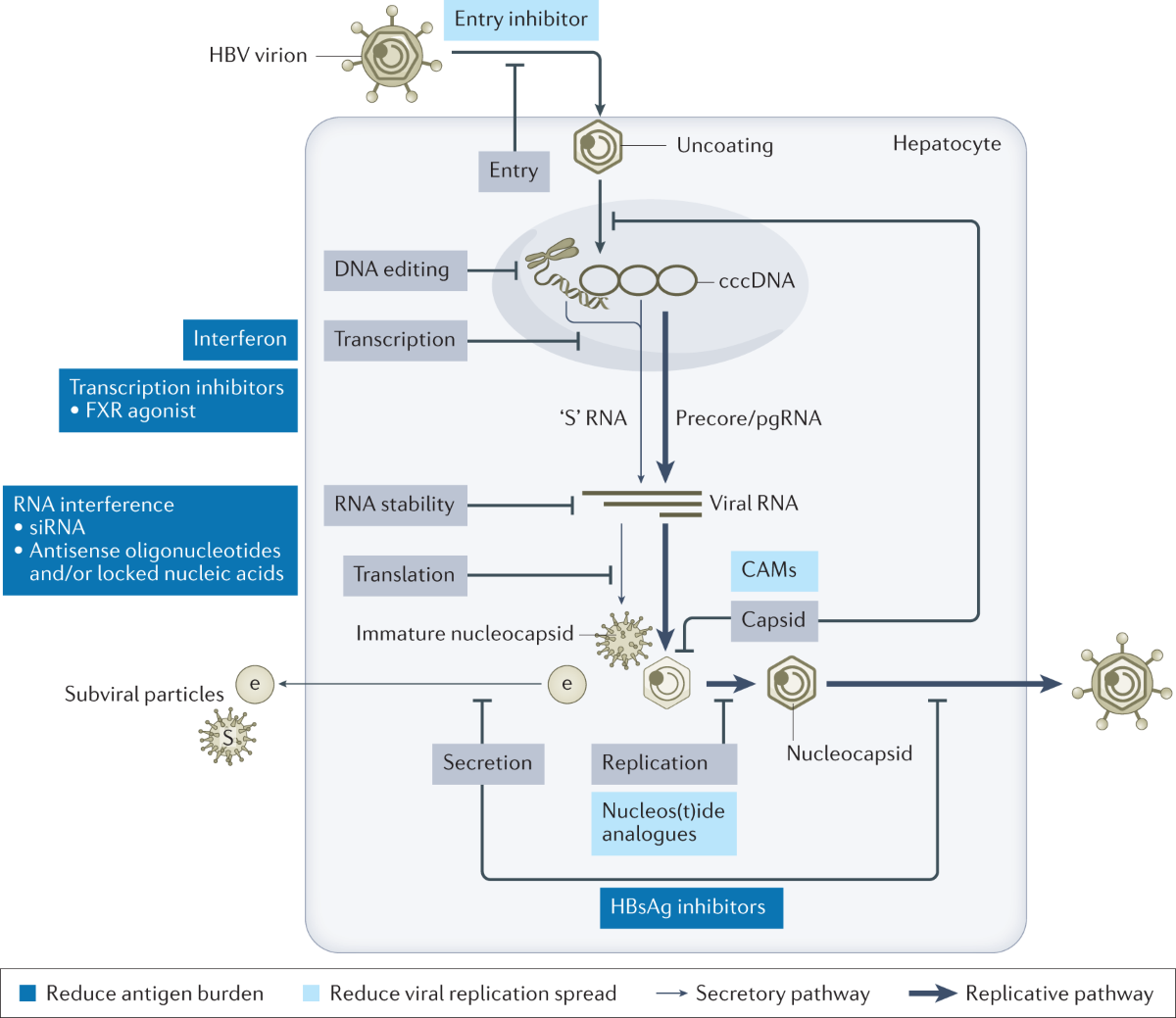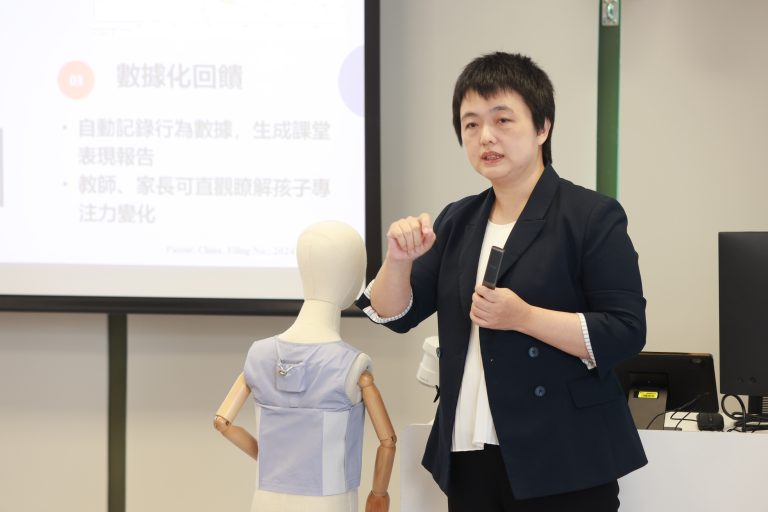HKU Trials Gene Therapy to Cure Chronic Hepatitis B
Researchers at the University of Hong Kong (HKU) are pioneering a groundbreaking approach to treating chronic hepatitis B that could fundamentally transform how patients manage this persistent viral infection. Led by Professor Yuen Man-fung, the clinical trials represent a significant leap forward in medical science, offering hope for millions affected by this challenging disease.

Chronic hepatitis B is a serious health concern, particularly in Hong Kong, where approximately 6.2 percent of the population lives with the virus. Currently, patients face a challenging treatment landscape where existing antiviral therapies can control but not eliminate the virus, forcing them to remain on long-term medication and remain vulnerable to severe liver complications like cirrhosis and liver cancer.
The innovative gene-related therapy being tested at HKU aims to change this paradigm entirely. Unlike traditional treatments, this cutting-edge approach seeks to silence or remove the virus’s genetic material directly within infected liver cells—and crucially, without altering the human genome. This precision targeting represents a potential functional cure that could free patients from lifelong medication.
The clinical trials, which began treating their first participant in March of the current year, are part of a global effort involving only three locations worldwide: sites in Hong Kong, Europe, and New Zealand. Early results have been remarkably promising, demonstrating effectiveness with no serious side effects detected thus far.
The research team plans to enroll 30 to 40 participants by the end of 2026, building on their already impressive track record. Since 2020, HKUMed’s Gastroenterology and Hepatology team has conducted 41 phase 1 to 3 hepatitis B treatment trials, involving 468 participants. This extensive experience underscores the team’s expertise and commitment to advancing hepatitis B treatment.

The urgency for innovative solutions is clear. Over 50 novel compounds are currently in development, reflecting the global medical community’s recognition of the critical need to address hepatitis B more effectively. The potential impact extends beyond individual patient health, with the possibility of reducing long-term healthcare costs by preventing severe liver complications.
Professor Yuen and his team are at the forefront of this medical innovation, representing a beacon of hope for those living with chronic hepatitis B. By targeting the virus’s genetic material with unprecedented precision, they are not just managing symptoms but working towards a comprehensive solution that could fundamentally alter the disease’s trajectory.

As the trials progress, the medical community and patients alike will be watching closely. The potential to develop a functional cure for chronic hepatitis B would be a monumental achievement, offering new possibilities for millions of people worldwide who currently face a lifetime of medical management and health risks.
The HKU trials exemplify the power of targeted, innovative medical research—a testament to human ingenuity in confronting complex health challenges. While more research is needed, these early results suggest we may be on the cusp of a significant breakthrough in viral treatment.












